In last weeks post, I talked about some of the more obvious things to look for when editing your manuscript. Now I'll point out some of the issues that can be harder to spot or seem to go against how as children we were trained to write.
First off, all the unnecessary wordage that when cut can clean up your manuscript:
1. Directionals: up, down, and out; words that imply direction aren't needed. Example, she sat down should be she sat. These can be overused.
2. Could: She could hear change to she heard.
3. Redundant words: she nodded her head, he shrugged his shoulders, her heart beat in her chest. These are all obvious when you think about it but it is something you might have a tendency to automatically add without giving it any thought. So, she nodded, he shrugged, her heart beat.
4. Wandering body parts: these can be a little harder to spot. Body parts cannot move independent of the character. Eyes can't roam, hands can't move, etc.
5. Dialogue tags: first time writers especially can be susceptible to the pitfalls of overusing said and asked. Instead of he said, have the character perform an action to show he is the one speaking. And if you end the sentence with a question mark, it's kind of self-explanatory. Also watch for impossible dialogue tags. Voices don't shout, people do.
6. Felt, heard, know: you might find yourself relying on these words to express POV. Here is a wonderful example from my editor, Heidi:
She could hear the sound of rain pattering on the roof, a relaxing chorus that lulled her to sleep.
She heard the rain pattering on the roof, a relaxing chorus that lulled her to sleep.
The rain pattered on the roof overhead, a relaxing chorus that lulled her to sleep.
The last sentence is the tightest with the deepest POV and practically drags you into the scene.
Lastly, keep a lookout for repetitive words or actions in a scene or throughout the manuscript. Does your heroine like to toss her hair a lot? Or your hero fold his arms while arching his brow? And does she giggle or he drawl through half of the book? Correcting these simple and common mistakes can tighten your story and hopefully help you get that publishing contract you've been striving for.
Stop back by next Thursday. I'll be going over some of the tricks in using Word that might make your writing experience easier.
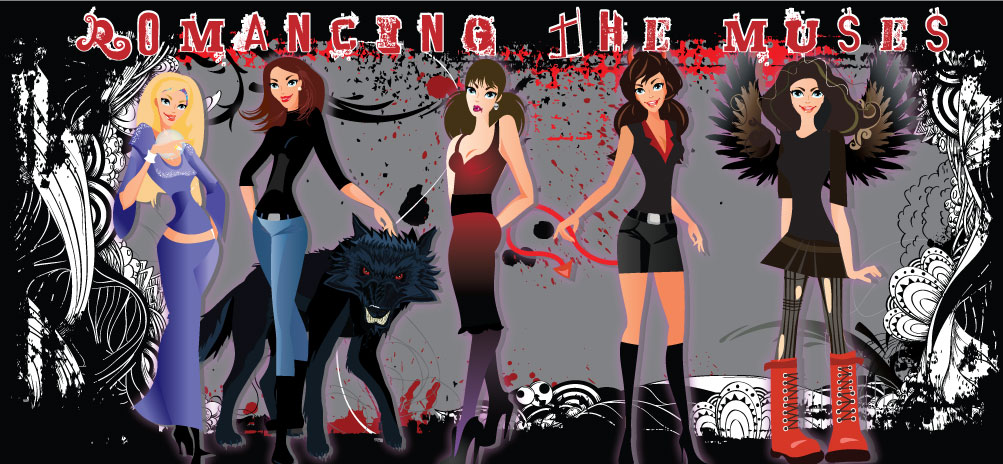
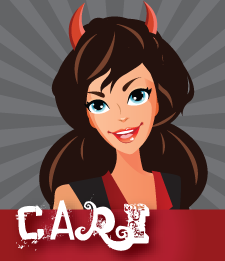
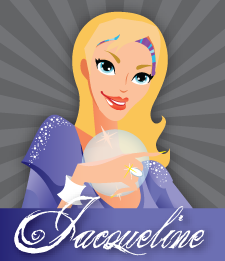
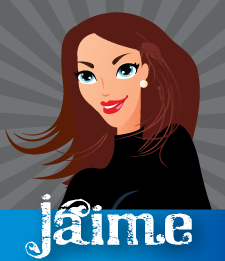
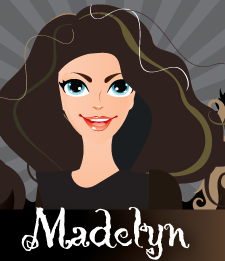
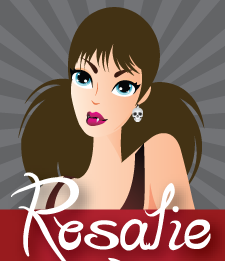
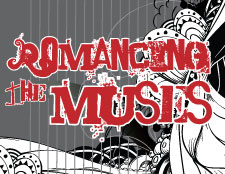



1 comments:
Fantastic post, Madelyn. Following this advice can save both writers and editors a world of headache.
I'd also stress that editing comes after you have something to look at and critique. Don't bother following too many conventions when writing, else you'll drive yourself mad. Been there, done that, and I have the novelty bobble head to prove it. Knowing what editors pick at and look over can spare you much bemoaning when you get back your first round of edits. It also goes a LOOOOONG way in clarifying what you intended to say and what you actually said.
Post a Comment